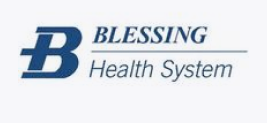April 30, 2022
The Challenge with The Traditional Care Process for Specialty Pharmacies

Patient care processes needs to evolve to assure safety and effective use of specialty pharmaceuticals. There are three broad approaches to patient care that have emerged for specialty pharmacies; traditional care, coordinated care, and integrated care. These processes range from less comprehensive to more comprehensive patient care.
What is the traditional care process for a specialty pharmacy?
The traditional care process is typically seen in the care of patients who have their specialty medications filled at a retail pharmacy. The pharmacist can check for allergies and drug interactions using the profile of medications filled by the patient at a pharmacy or retail chain. The pharmacist can also educate the patient on the use of the medication and instruct the patient on how to administer it.
The traditional care process does not include the use of a standardized case management protocol nor regularly scheduled follow-up communication to assess adherence to treatment. It also does not include a standardized education program for the patient. Abandonment rates can be high due to problems with affordability and the absence of specialized reimbursement assistance.
In addition, there is not a direct link with the physician to be notified when the patient has stopped taking medication. Adherence to therapy is also typically less than would be found with other care processes unless the pharmacist has a unique relationship with the patient and their physician.
Because of these challenges with the traditional care process, specialty pharmacies have adopted more comprehensive approaches to patient care.











